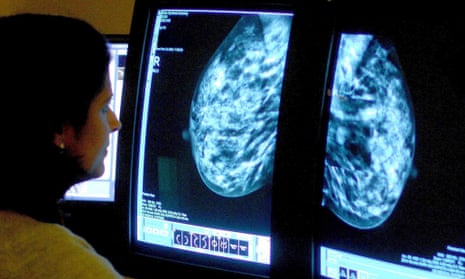Fight cancer. Beat cancer. Stand up to cancer. Aggressive militant language pervades discourse on the illness. Yet it is questionable whether there is a health benefit in conceiving of cancer as a monolithic enemy. Not only has the military motif not led to a cure for the disease, but it may actually be detrimental to our health.
When people label cancer as an enemy, preventative behaviors that involve limitation and restraint – such as eating less red meat and not smoking – get disregarded or dismissed because fighting involves little self-control. We conceptualize war as a situation in which we have no choice but to engage a hostile force that must be attacked in order to be stopped. Self-limitation is not part of that equation.
Recent research suggests that these metaphors can indeed backfire. In one study, researchers asked healthy volunteers to list behaviors that they’d be willing to change to prevent cancer. Some of the participants had been randomly exposed to combative language about cancer, while others had not.
One group was asked: “What things would you do to fight against developing cancer?”, whereas the other group was asked: “What things would you do to reduce your risk of developing cancer?” Researchers observed an interesting difference in the responses they received: the group exposed to combat metaphors listed significantly fewer self-control preventative behaviors.
In another study, participants read about colorectal cancer and were randomly assigned to be exposed to enemy metaphors or not. For one group, the information they were given described the disease as an “enemy uprising of abnormal cellular growth”. For the other group, it described the disease as involving “abnormal cellular growth”. After reading the message, participants indicated how much they intended to limit cancer-risk behaviors, such as excessive consumption of alcohol, red meats, and high fat and high calorie foods. The group exposed to enemy metaphors had less intention to lessen risky behaviors.
But war metaphors don’t only discourage folks from taking steps to avoid getting cancer – they may also be bad for those already diagnosed.
If one can only overcome cancer by “fighting”, then what does that imply about those who die from it? They are often portrayed as having “lost the battle”, potentially feeding an assumption that they didn’t fight hard enough. That doesn’t provide much solace for those with an incurable disease for whom no amount of “fighting” will change the inevitable outcome.
War language applied to cancer is pervasive, polarizing, but of questionable medical benefit. Like Lance Armstrong, we might find it easier to issue a battle cry such as: “We have two options … give up, or fight like hell”. But what is the cost of doing so?
Patients of the mindset that cancer is a war to be fought may be more likely to elect aggressive treatments, such as brutal chemotherapy protocols that do little to prolong their life and erode its quality. Sometimes many patients, their families and even healthcare providers equate accepting palliative care as tantamount to surrendering on the battlefield. However, studies out of Boston and Toronto show that accepting palliative care early on results in better quality of life and, in some cases, even longer life in patients with lung and other cancers.
The language of war even persists for patients whose cancer is cured or in remission. These patients are called “survivors”, a term historically used to describe victims of wars – such as Holocaust survivors – but now is more commonly associated with cancer. Increasingly, we label patients as “survivors” regardless of whether the person is truly cured, or have merely successfully gone through a primary treatment for their disease. How many “survivors” feel like frauds because their drug regime – which for some cancer patients continues after primary treatment – indicates that the war is still on?
There is currently no evidence that one’s health is enhanced by proclaiming oneself a “survivor” after treatment for cancer – but the downside to this choice of military language is clear. Until there is ample objective evidence that these war metaphors are good for our health, it may be time to call back the cavalry, lay down our weapons and end our conceptual war on cancer.
